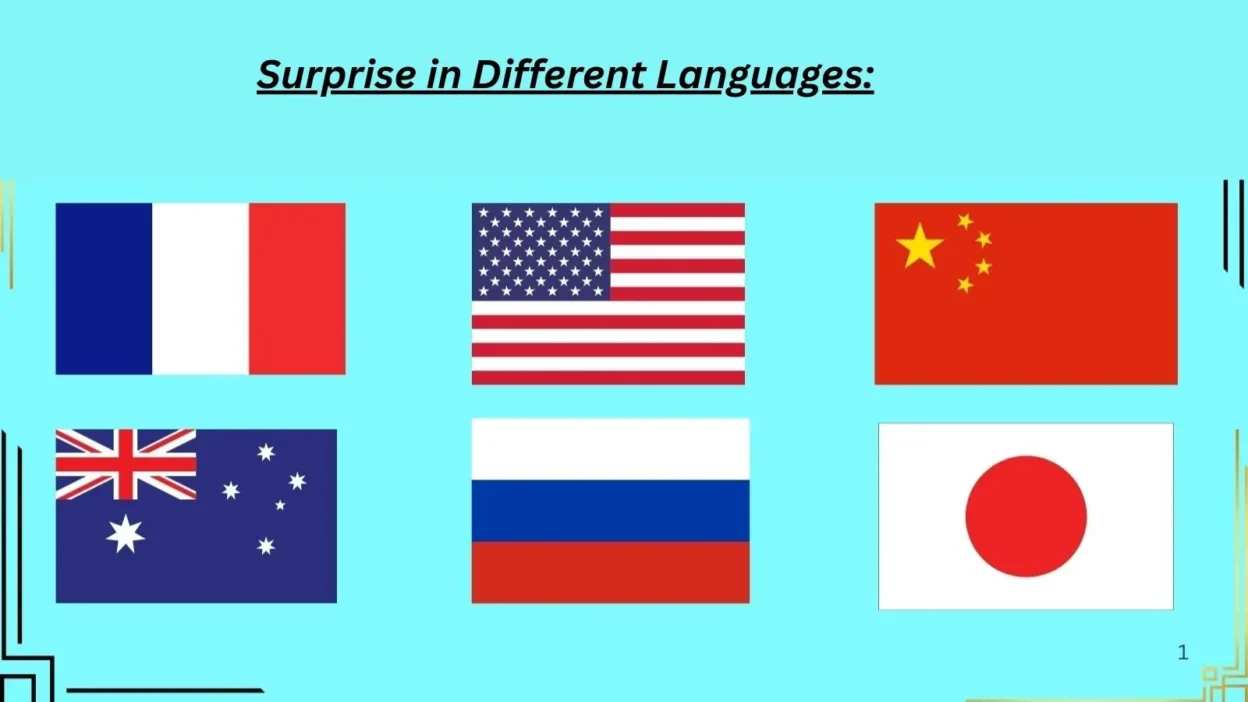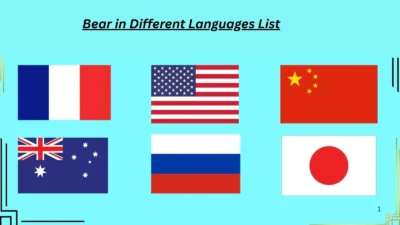When someone searches for “surprise in different languages”, their intention is usually clear: they want to know how the word surprise is expressed across cultures and languages. This could be because they are learning a new language, preparing for travel, writing creatively, or simply curious about how emotions like shock, amazement, or astonishment are communicated worldwide.
This article will help you solve that curiosity. You’ll find the word surprise translated into different languages, understand its meanings in various contexts, and learn how you can use it naturally when speaking to others. By the end, you’ll be able to confidently say “surprise” in multiple languages, whether you want to express joy, shock, or an unexpected moment.
What Does “Surprise” Mean?
The word surprise generally refers to something unexpected that causes astonishment, happiness, or sometimes shock. Depending on tone and context, it can be positive (like a birthday party) or negative (like unexpected bad news).
For example:
- What a surprise! (positive, excitement)
- That came as a surprise. (neutral, unexpected)
- I don’t like surprises. (negative, dislike for the unexpected)
Translations of “Surprise” in Different Languages
Here’s a list of how to say surprise in various popular languages:
- French – surprise
- Spanish – sorpresa
- German – Überraschung
- Italian – sorpresa
- Portuguese – surpresa
- Russian – сюрприз (syurpriz)
- Arabic – مفاجأة (mufaja’a)
- Turkish – sürpriz
- Greek – έκπληξη (ékplixi)
- Chinese (Mandarin) – 惊喜 (jīngxǐ)
- Japanese – サプライズ (sapuraizu)
- Korean – 놀람 (nollam) / 서프라이즈 (seopeuraijeu)
- Hindi – आश्चर्य (aashcharya)
- Urdu – حیرت (hairat)
- Swahili – mshangao
How to Use “Surprise” in Conversations
Here are some common phrases you can use once you know the word in another language:
- “What a surprise!” – Used when something unexpected happens.
- “It was a nice surprise.” – Expressing happiness about the unexpected.
- “You surprised me!” – When someone does something unexpected.
- “Life is full of surprises.” – A general statement about unpredictability.
In French: Quelle surprise!
In Spanish: ¡Qué sorpresa!
In German: Was für eine Überraschung!
Why Learn “Surprise” in Other Languages?
Learning words like surprise in different languages helps you:
- Connect with people from different cultures.
- Express emotions more naturally when traveling.
- Improve your language learning with emotional vocabulary.
- Make your conversations more engaging and authentic.
Conclusion
The word surprise is universal—it captures the feeling of the unexpected, whether joyful or shocking. By knowing how to say surprise in different languages, you open doors to deeper connections, richer conversations, and a better understanding of how emotions are expressed worldwide. Next time life gives you an unexpected moment, you’ll know exactly how to say it in French, Spanish, Korean, or any other language!



